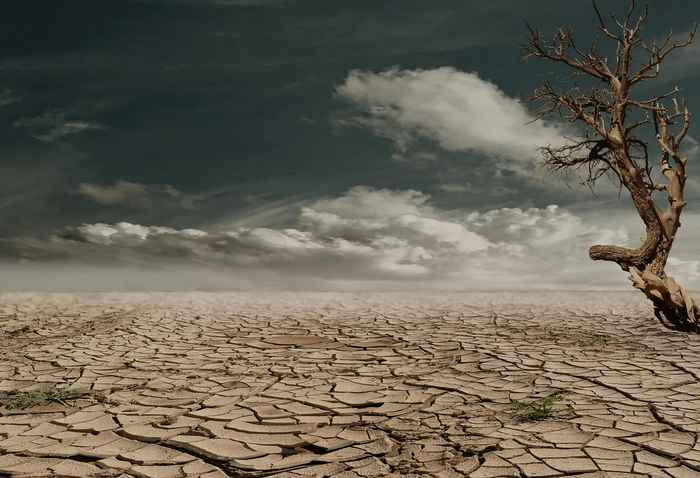NWA-ORC funding for JUST ART project
Art to Foster Climate Justice Transition
4 July 2025

The project JUST ART, involving UvA researchers Colin Sterling, Hanneke Grootenboer, and Martha-Cecilia Dietrich, seeks to use art and artistic research to raise awareness and help people see possibilities for solutions. The project has been awarded €6.8 million as part of the Dutch National Science Agenda, placing art at the heart of climate justice.
Climate Justice
As the effects of climate change become increasingly tangible, it is also clear that those least responsible for the crisis are the hardest hit. Climate justice, the central premise of JUST ART, is a concept that emphasizes the inequalities and injustices brought about by climate change.
A climate-just society is an urgent necessity, but the road to it is difficult. The enormity and complexity of the problem often leads to paralysis. People are also often unaware that climate justice plays a role in their immediate surroundings. This lack of awareness and consensus about practical solutions hinders the pursuit of climate justice in practice. And this is precisely where art can help.
From Aruba to the Wadden Islands
JUST ART: Creating Common Grounds for Climate Justice Through Artistic Research brings together artists, researchers from diverse disciplines, stakeholders, and communities in both rural and urban regions—from Aruba to the Wadden Islands—to address these injustices.
Led by the University of Groningen (Ann-Sophie Lehmann, art history & material culture), ten higher education institutions are collaborating with forty societal partners to amplify marginalized citizen voices, highlight systemic injustices, and develop new, unexpected strategies for more equitable forms of climate action.
Critical Perspective
From the University of Amsterdam, Colin Sterling (cultural studies), Hanneke Grootenboer (art history), and Martha-Cecilia Dietrich (anthropology) are involved in the project. Sterling will lead the subproject Just Practices: Centring Climate and Multispecies Justice in Visual and Performing Arts, which will critically examine the institutions, structures, and methods of artistic and curatorial research.
“With this, we want to foster a lasting commitment to climate justice in museums, galleries, theaters, and other cultural spaces,” Sterling explains. “Two PhD candidates will work with partners in Amsterdam, Aruba, and Curaçao to develop this approach, with the aim of modeling climate justice in the arts rather than merely representing it.”
Art Moves People
At its core, JUST ART sheds light on the many ways in which climate change exacerbates existing injustices related to race, class, gender, geography, colonial history, or the relationship between humans and other forms of life. Art moves people by making them see the world differently. It offers imaginative scenarios for the future and unconventional approaches. In this way, art can touch people and empower them to bridge the gap between awareness and action through co-creation.
To set this movement in motion, artists work at the intersection of academia and society. In doing so, art and science can play an important role in advancing climate justice.